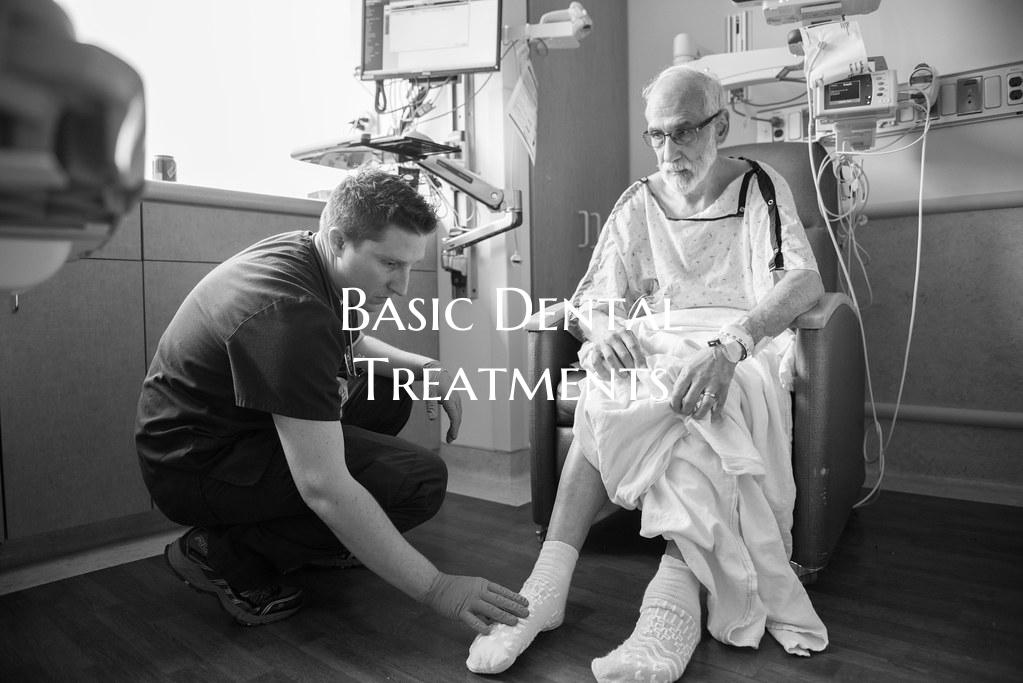
Basic Dental Treatments
Content:
Maintaining good oral health is essential for overall well-being, and receiving basic dental treatments is a fundamental part of achieving this goal. Regular dental check-ups and cleanings help prevent dental issues and promote healthy teeth and gums. Here are some common basic dental treatments that people may undergo:
1. Dental Cleanings: Professional dental cleanings performed by a dental hygienist remove plaque and tartar buildup that regular brushing and flossing may miss. This process helps prevent cavities, gum disease, and bad breath.
2. Routine Check-Ups: Regular dental check-ups are crucial for detecting any dental problems early on. During these visits, the dentist will examine your oral cavity, check for any signs of decay or disease, and recommend any necessary treatments.
3. X-Rays: Dental X-rays are commonly used to detect issues that may not be visible during a regular examination, such as cavities between teeth, impacted teeth, or jawbone damage. They play a vital role in diagnosing dental conditions accurately.
4. Fillings: If a cavity is detected during a dental exam, the dentist will recommend a filling to restore the tooth's structure and prevent further decay. Fillings can be made of various materials, including amalgam, composite resin, or gold.
5. Fluoride Treatments: Fluoride is a mineral that helps strengthen tooth enamel and prevent tooth decay. Some dental offices offer fluoride treatments to protect teeth and reduce the risk of cavities, especially for individuals at a higher risk of dental problems.
6. Dental Sealants: Dental sealants are thin protective coatings applied to the chewing surfaces of the back teeth to prevent decay. They act as a barrier against food particles and bacteria, particularly in hard-to-reach areas.
7. Root Canal Therapy: When the pulp inside a tooth becomes infected or inflamed, a root canal procedure may be necessary to remove the damaged tissue and save the tooth. This treatment helps alleviate pain and preserve the natural tooth structure.
8. Tooth Extractions: In cases where a tooth is severely damaged or impacted, extraction may be the best course of action to prevent further complications. Dentists perform extractions carefully to ensure minimal discomfort and promote healing.
By staying consistent with these basic dental treatments and maintaining good oral hygiene practices at home, individuals can safeguard their smiles and enjoy optimal dental health. Remember, prevention is key when it comes to dental care, so prioritize regular dental visits and follow your dentist's recommendations for a healthy, happy smile.